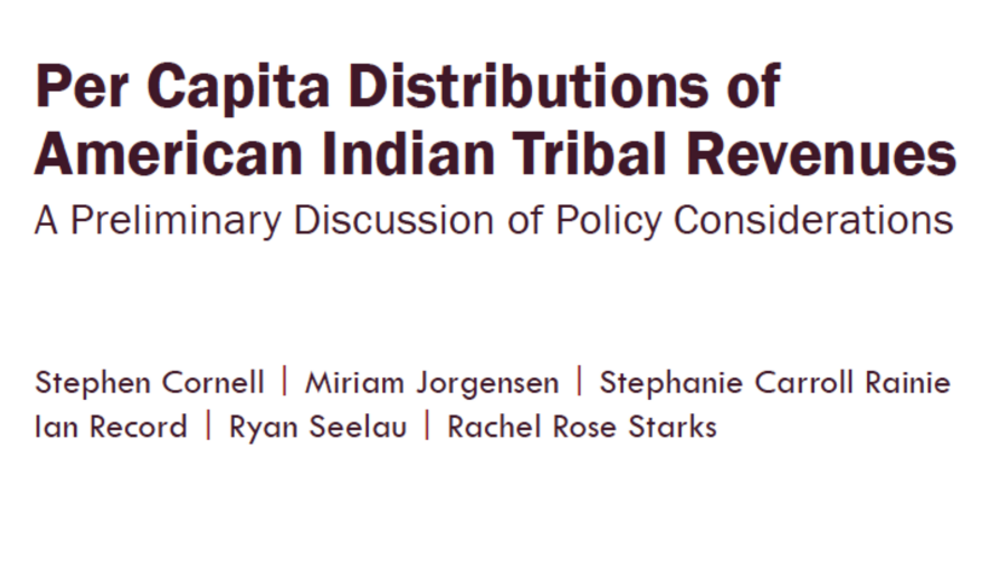In recent years, there has been increased discussion of Universal Basic Income (UBI) programs for the US. In fact, one of the Democratic candidates for president has championed the UBI program as an important component of his platform. UBI in its simplest form is a cash-transfer program that provides a guaranteed amount of income to recipients without any minimum income conditions, verification of unemployment status, or the presence of household children. Cash-transfer programs such as the Earned Income Tax Credit (EITC), unemployment insurance (UI), and Temporary Assistance for Needy Families (TANF) may require verification of several of those conditions described above. UBI, in contrast, sends government funds to all households regardless of their financial needs, employment conditions, or family composition. The rationale is that a basic level of income will provide households with resources that will allow them to make decisions unconstrained by government bureaucracy. A household may spend the money in areas where it needs it most – childcare, rent, health care, or anything else...
Additional Information
Akee, R. (2019, November 5). Sharing the wealth. Native Science Report. https://nativesciencereport.org/2019/11/sharing-the-wealth/




